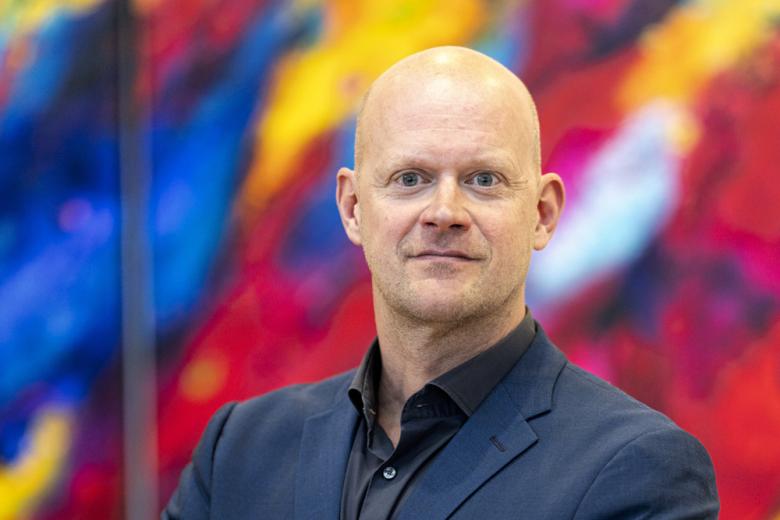Inge Timmers receives Marie Skłodowska-Curie Actions award
The European Commission has awarded a Marie Skłodowska-Curie Actions (MSCA) award to Inge Timmers for the project ‘Imaging circles of engagement: Neural correlates of parent empathic distress in the context of chronic pain’. The global fellowship award allows Inge to continue her work at the Biobehavioral Pediatric Pain (BPP) lab at Stanford University in collaboration with the Department of Rehabilitation Medicine (CAPHRI/FHML) Maastricht University. After this initial outgoing phase of going back and forth, she will transition back to Maastricht University completely to continue to grow this research line.
Abstract
Chronic pain affects the lives of over a quarter of adolescents world-wide. For a parent to see their child suffering is particularly distressing. Parent cognitive, affective and behavioral responses can powerfully modulate (i.e., mitigate or magnify) their child’s pain-related functioning. A key, so far neglected, variable may be parent empathic distress, hindering the parents’ ability to respond in ways to promote the child’s functioning. The neural mechanisms underlying parent empathic distress and its impact have not been studied before and will be the main focus of this project. I will investigate underlying mechanisms of parental empathic responses to observing their own child’s pain, using psychological questionnaires, heart rate variability, facial expressions, and brain MRI.
Twitter: @Inge__Timmers
Also read
-
Is the risk of cancer the same for everyone?
Valery Lemmens (GROW) conducts research on cancer, prevention, and how society is designed for making unhealthy choices.

-
Most prestigious European grant to two UM scientists
Two Maastricht University professors are to receive the most prestigious European research grant for individual researchers: an ERC Advanced Grant, worth over €2.5 million. They are Lorenzo Moroni (MERLN) and Alexander Sack (FPN).

-
A new outlook on rehabilitation care
Ivan Huijnen (CAPHRI) aims to shift from the biomedical 'disorder-focused' thinking to an integral view on healthcare.
